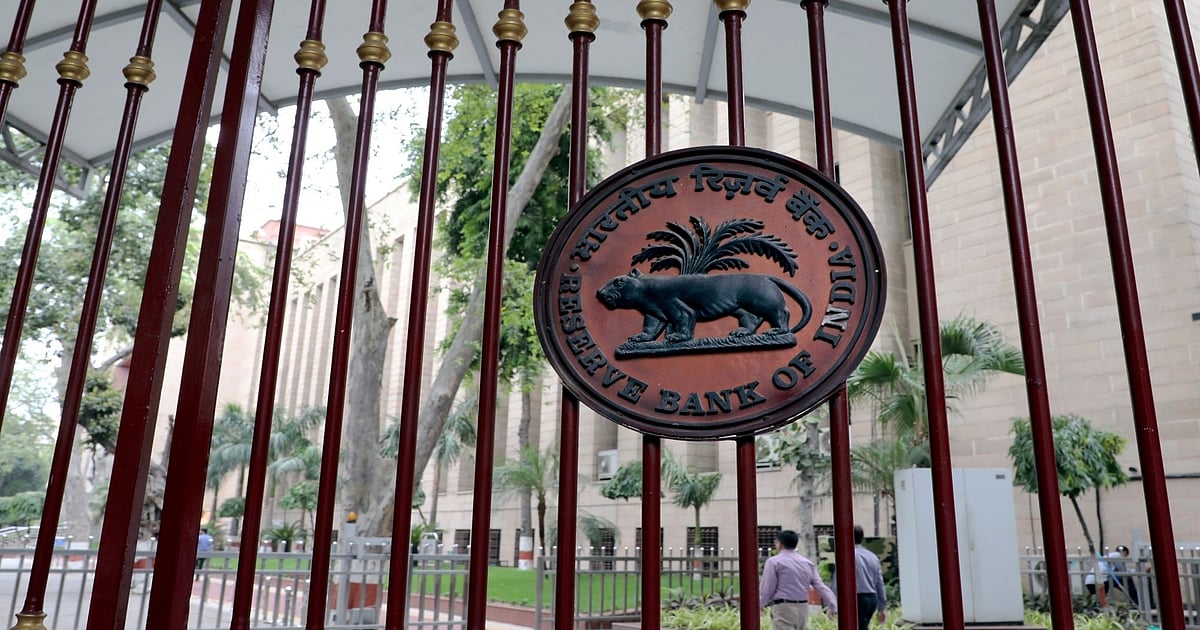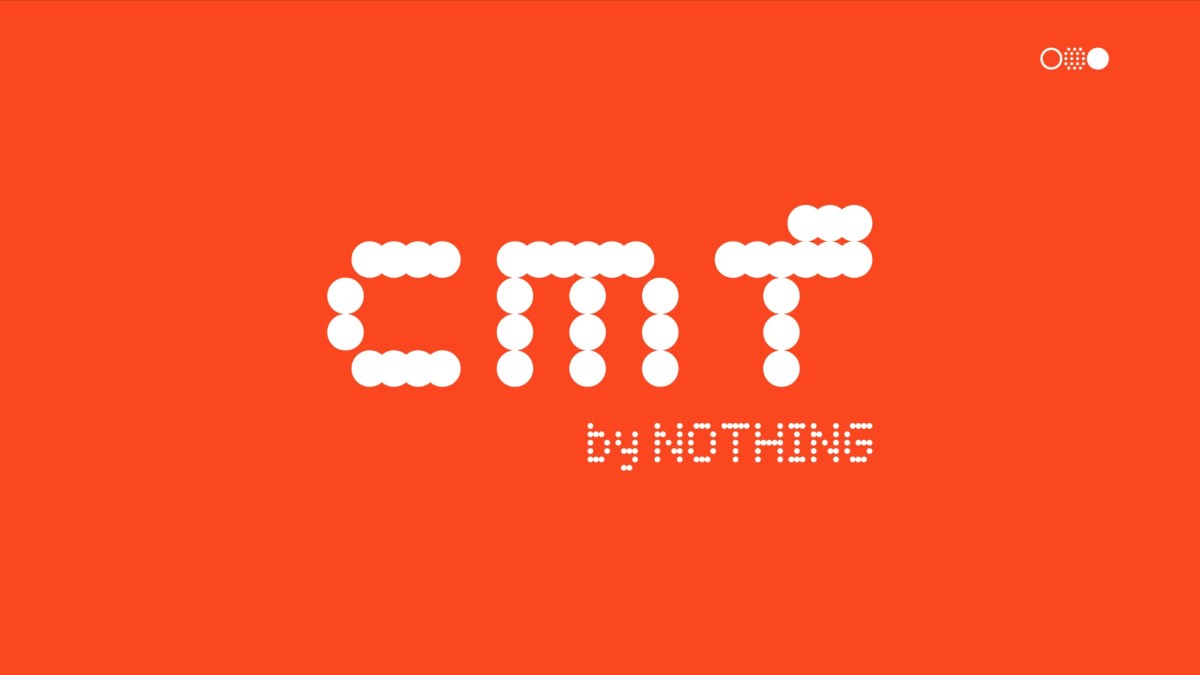By Lucy Craymer
WELLINGTON (Reuters) -The New Zealand jobless rate hit a two-year high in the June quarter as strong demand for labour was met by a jump in the number of people looking for work, helping keep a lid on wage pressures and thus interest rates.
Data released by Statistics New Zealand on Wednesday highlighted that the country’s labour market remains tight but there are signs that is easing with the unemployment rate climbing to 3.6% from 3.4% in the prior quarter.
At the same time, the underutilisation rate increased with part-timers looking for more hours.
Economists expect the Reserve Bank of New Zealand (RBNZ) to leave its official cash rate (OCR) unchanged later this month at 5.5% and say signs of a little loosening in the drum-tight labour market should provide some comfort for the central bank.
“Developments in both the unemployment rate and wages will likely leave the Bank comfortable with the broad story underpinning the projections in the May Monetary Policy Statement,” said Westpac senior economist Darren Gibbs.
With the economy in a technical recession, the RBNZ signalled in May it was done with hiking rates for the foreseeable future as it expected employment pressures and inflation to ease.
However, the central bank will likely remain concerned about the potential for wage inflation, tracking at 4.3% in the second quarter, to become entrenched, economists say.
Statistics New Zealand said the labour force participation rate at 72.4% and the employment rate at 69.8% were both the highest rates recorded since the survey began.
New Zealand has experienced strong migration in the past 12 months after reopening its borders following COVID-19, but Statistics New Zealand said recently most of the growth in the working age population had come from those within New Zealand.
Following the release of the data there was little market reaction with the two-year swaps [NZDSM3NB2Y=] down 4 basis points at 5.44%, and the New Zealand dollar off slightly at $0.6141.







































